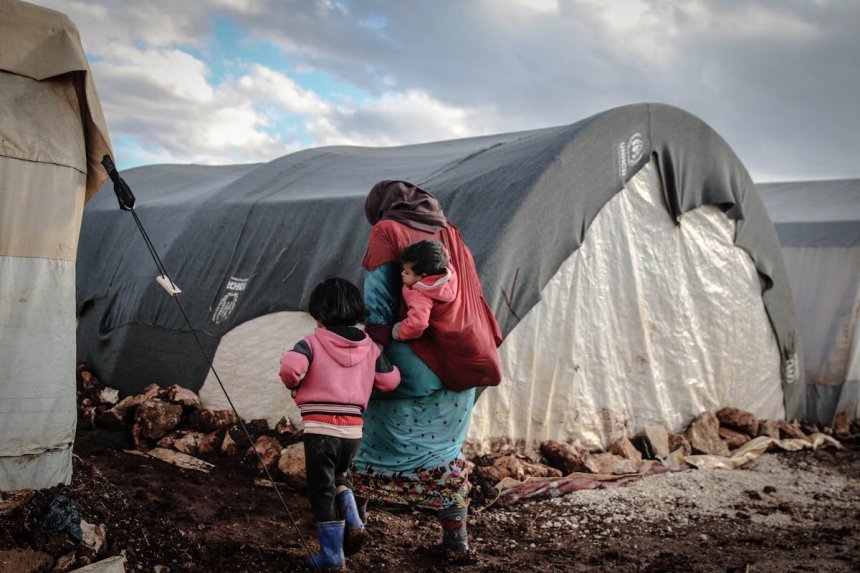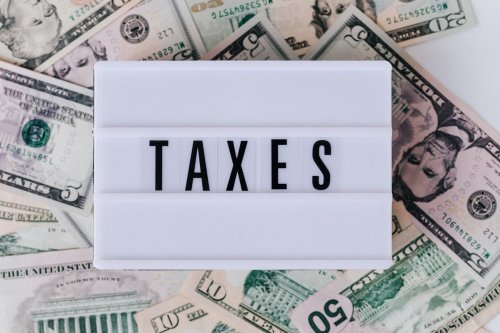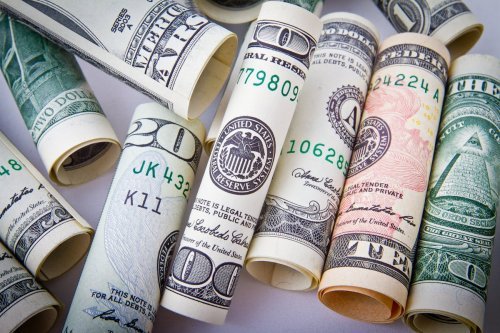Right-Wing Politics Is Surging—But Is the World Actually Becoming More Free?
Across the globe, something wild is happening. Populist right-wing leaders are winning elections, conservative ideologies are tightening their grip, and nationalism is back in fashion like it’s the 1930s with a smartphone. But this isn’t just about a few loud politicians waving flags and promising to “take back our country.

Bold claim ahead: The rise of right-wing politics isn't just about elections—it's about who gets to belong.
Across the globe, something wild is happening. Populist right-wing leaders are winning elections, conservative ideologies are tightening their grip, and nationalism is back in fashion like it’s the 1930s with a smartphone. But this isn’t just about a few loud politicians waving flags and promising to “take back our country.” It’s about something deeper—shifts in identity, fear, economy, and who we trust with power.
In this article, we’ll dive deep into:
- Why right-wing politics is suddenly so “cool” again
- How global events like migration, war, and tech are fueling the flames
- The hidden price democracies might be paying
- Who’s benefiting—and who’s getting left behind
Spoiler: This ain’t just about America or Europe. It's everywhere. And it’s reshaping the world in ways we're barely talking about.
Democracy Is Still Alive—But It’s Walking With a Limp
Let’s not sugarcoat it. Something is cracked in the democratic world. We’re seeing it in the U.S., India, Brazil, Hungary, Israel, Italy, and beyond. Even in long-standing democracies, voters are leaning hard toward leaders who promise “strength,” “purity,” or “order.”
The Big Promise: Control
Right-wing politics often appeals to people who feel like they're losing grip—over their country, their jobs, their traditions. It sells a dream: “We’ll fix this. We’ll bring back the good days. We’ll kick out the problems.”
That promise? It’s powerful. Especially when the world feels chaotic. Pandemics. Wars. AI. Cultural shifts. Inflation. It’s exhausting—and voters are craving something (or someone) firm to hold onto.
Fear Is Fuel: Why Uncertainty Breeds Extremes
Here’s the twist. It’s not just anger that fuels right-wing surges. It’s fear. Fear of being replaced. Fear of losing your culture. Fear of being silenced.
Migration Panic
Every time there's a wave of migration—like from Syria, Venezuela, or sub-Saharan Africa—right-wing parties see a spike in support. Why? Because people start asking: “What if there’s not enough for everyone?”
Let’s be real—this fear isn’t always rational. But politics rarely is. And instead of calming nerves, many right-wing leaders stoke them, blaming migrants for crime, unemployment, or “changing values.”
Economic Uncertainty = Identity Crisis
When jobs vanish or tech takes over, people don't just lose income—they lose meaning. Right-wing politicians often step in with a clear message: “Your pain isn’t random. It’s caused by outsiders, or liberal elites, or woke culture gone mad.”
It’s simple. It’s seductive. And for many, it feels true—even when it’s not.
The Digital Machine That’s Amplifying Division
Let’s talk tech. The internet didn’t create hate, but it definitely gave it a megaphone. Algorithms love outrage. Platforms reward tribalism. And before you know it, people are radicalized one tweet or TikTok at a time.
Echo Chambers Build Extremes
Individuals are now living in different worlds rather than merely debating. What your feed tells you, you believe. And if it claims that your culture is constantly being attacked? You will seek out someone to defend you.
Right-wing influencers and politicians have mastered this game. They speak directly to people’s gut emotions—rage, pride, nostalgia. And it works. Especially when traditional media is too slow, too scared, or too sanitized.
The Global Playbook: Different Flags, Same Strategy
Right-wing politics looks different around the world—but scratch the surface, and the playbook is eerily similar.
🇺🇸 United States: The Culture War Capital
From Trump’s “Make America Great Again” to DeSantis’s battles with Disney, U.S. politics is now less about policy and more about identity. Abortion rights. Trans rights. Race education. It’s a daily showdown over who “real” Americans are.
🇮🇳 India: Hindu Nationalism Rising
Narendra Modi’s BJP has tied national pride tightly with Hindu identity. Critics call it exclusionary. Supporters say it’s about reclaiming India’s soul. Either way, the results are clear—more censorship, less dissent, and a growing divide.
🇧🇷 Brazil: Evangelical + Military Power
Bolsonaro raised awareness of Christian morals and military nostalgia. His support is still strong—and irate—despite his election loss.
🇭🇺 Hungary: Democracy in Name Only?
Viktor Orbán calls it “illiberal democracy.” Translation? Elections happen, but power is concentrated, media is controlled, and immigrants are unwelcome.
Here’s the Real Cost—And It’s Not Just Political
Sure, strongman politics can win elections. But here’s what’s quietly getting lost:
- Press freedom
- Minority rights
- Civil discourse
- Judicial independence
- Scientific truth
Democratic systems gradually erode from within—not through coups, but through popular support. The frightening part is that. Voters support this. They desire it. Until they don't. And it's frequently too late by then.
Is This Just a Pendulum Swing—or a Permanent Shift?
Some argue that politics goes in cycles. Left, right. Progressive, conservative. Maybe this is just a reaction to a decade of liberal overreach—gender politics, immigration, globalism.
But here’s the kicker: Today’s right-wing isn’t playing by the same rules. It’s rewriting them. Ignoring norms. Sidelining institutions. And weaponizing nationalism in ways we haven’t seen since the early 20th century.
This isn’t just politics—it’s culture warfare. And culture wars don’t end with quiet elections. They end with lasting scars.
Share
What's Your Reaction?
 Like
0
Like
0
 Dislike
0
Dislike
0
 Love
0
Love
0
 Funny
0
Funny
0
 Angry
0
Angry
0
 Sad
0
Sad
0
 Wow
0
Wow
0











